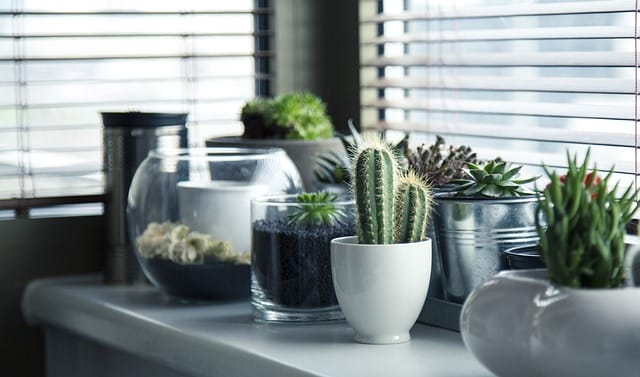
Replacements are one of the most dreaded tasks for homeowners. Not only because they are expensive but also because they often require a process that ends with taking out an older, probably damaged, or inefficient part of the home. One such dreadful replacement is windows.
Maverick Windows, a top-rated window manufacturer, noted that homeowners are often caught between replacing their windows, with most people opting for a replacement only after their old units are damaged. A decent-sized fraction of homeowners also replace their windows for energy efficiency and aesthetics. But when should you replace your window, and how often? Experts say 15 to 20 years for quality, undamaged windows.
Average Life Expectancy of Windows
Depending on the material, a good quality window should span between 15 to 20 years. To get an idea of what to expect, here’s the average life expectancy:
Wooden windows: Wooden windows can last up to 50 years, depending on maintenance and care. It’s important to note that they require the most maintenance. Common maintenance practices include sanding, painting, and treatment against pests.
Vinyl windows: Vinyl or PVC windows can last up to 20 years if installed professionally. They require the least maintenance practices.
Aluminum windows: Aluminum windows are stronger than PVC and often last longer than wooden windows. They have a decent maintenance requirement against rust.
It is important to note that maintenance and care are two important factors for a window’s lifespan.
Signs of Window Damage?
Sweating or Foggy Glass
A foggy or sweaty glass is one of the commonest signs of window damage. If your window’s glass is foggy, it may have been compromised. This can greatly affect the window’s functionality while also compromising your home’s energy efficiency.
Leaving the problem in place can also affect your property’s aesthetic, value, and appeal. In addition, it can expose you to health risks, especially as foggy and sweaty windows create a perfect situation for mold and mildew growth.
Mold and mildew can spread across your home if not quickly addressed and can impact your indoor air quality. You may also start to experience respiratory problems like sneezing, wheezing, asthma attack, as well as breathing difficulties.
Draft
Another common sign of a compromised window is drafts. Drafts create an exchange of air between indoor and outdoor spaces. This can significantly impact your indoor comfort, energy use efficiency, energy costs, as well as finances.
You may also suffer additional losses in HVAC repair costs due to increased pressure on your air conditioner or heater to keep the indoor space habitable.
Sticky or Hard to Open Windows
Older windows may become sticky and hard to open. This may be due to the parts falling apart or other structural problems with the house.
Sticky windows can compromise your access to fresh air when it’s needed the most. It can also impact your property’s value when unattended for a long time.
Reduced Indoor Comfort
Windows contribute to your indoor comfort in many ways, including letting natural light in and for circulation or insulation – depending on the season.
You may notice reduced indoor comfort when your window becomes damaged or compromised. In such instances, it may be hard to keep your indoor temperature at a desired state for long periods, indicating air leaks.
Window Maintenance Tips
So, you’ve replaced your old and damaged windows? Now is the time to kick-start your maintenance schedule to keep it functional for years to come. Below are some recommended maintenance tips:
Regular Cleaning
Dirt, dust, and debris can accumulate on the window frames, sills, and glass, which can lead to deterioration over time. Regular cleaning keeps your windows in good condition and maintains their appearance.
The cleaning can be done DIY or by hiring a professional. For improved protection, we recommend cleaning the windows at least twice a year or more frequently if you live in a dusty or polluted area.
When cleaning, use a mild and gentle cleaner and a soft cloth or sponge to avoid scratching the glass or damaging the window surface.
You may like to read,
What is the Average Cost of Solar Panels for Residential Installations?
Inspect and Repair Seals
Inspection and repairs should be a huge part of your maintenance practice. Check the seals around your windows periodically to ensure they are in good condition.
If damaged, contact a professional to fix it. Leaving damaged or worn-out seals can cause air and water leaks, which further reduces your home’s energy efficiency.
Address Window Hardware
You should regularly or periodically inspect the moving parts of your windows. Parts like the hinges, locks, and handles should be lubricated with a silicone-based lubricant to keep them operating smoothly and prevent excessive wear.
Also, check for loose screws or bolts, and tighten them as needed to improve integrity and security.
If you still have doubts about whether your windows need replacement, have a reputable windows contractor perform a home inspection.



